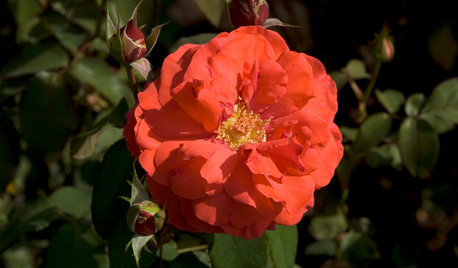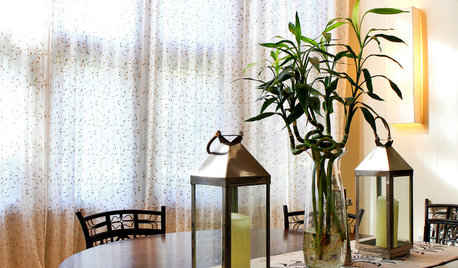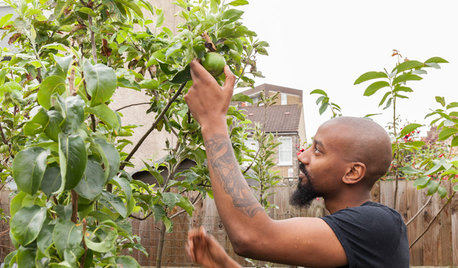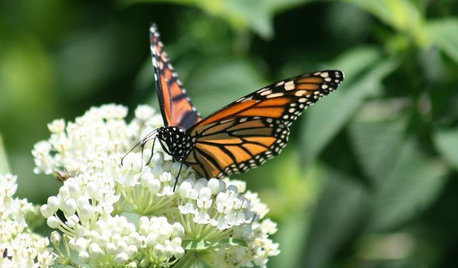What happens to Bermuda Without Fertilizer
EmagSamurai
12 years ago
Related Stories

HEALTHY HOMEGet Cleaner Indoor Air Without Opening a Window
Mechanical ventilation can actually be better for your home than the natural kind. Find out the whys and hows here
Full Story
GARDENING GUIDESHow to Switch to an Organic Landscape Plan
Ditch the chemicals for a naturally beautiful lawn and garden, using living fertilizers and other nontoxic treatments
Full Story
GARDENING GUIDESCommon Myths That May Be Hurting Your Garden
Discover the truth about fertilizer, soil, staking and more to keep your plants healthy and happy
Full Story
GARDENING FOR BUTTERFLIESGardening for the Bees, and Why It’s a Good Thing
When you discover how hard bees work for our food supply, you may never garden without them in mind again
Full Story
GARDENING GUIDES6 Captivating Roses for an Alluringly Fragrant Garden
Perfume your garden with aromas from richly spicy to lightly sweet, without sacrificing an inch of color
Full Story
HOUSEPLANTSMeet a Palm That's Fine With Fluorescent Light
Get the look of the tropics without the full-on sun and high humidity — parlor palm tolerates regular indoor conditions with aplomb
Full Story
DECORATING GUIDESImprove Your Style Fortune With Lucky Bamboo
Serve this versatile plant straight up or with a twist for auspicious living decor that thrives without soil
Full Story
EARTH DAYThe Case for Losing the Traditional Lawn
Work less, help the environment and foster connections by just saying no to typical turf
Full Story
GARDENING GUIDESLush, Foodie Abundance in a Small Urban Garden
This modest backyard garden provides its owner with fruit and vegetables all year round, thanks to an innovative low-maintenance approach
Full Story
GARDENING GUIDES7 Ecofriendly Gardening Ideas That Also Cut Chore Time
Spend less time weeding, less money watering and more moments just sitting back and enjoying your healthy garden
Full StoryMore Discussions







dchall_san_antonio
dchall_san_antonio
Related Professionals
Danbury Landscape Architects & Landscape Designers · Clark Landscape Architects & Landscape Designers · Erie Landscape Architects & Landscape Designers · Glendora Landscape Architects & Landscape Designers · Jennings Landscape Architects & Landscape Designers · Otsego Landscape Architects & Landscape Designers · Brunswick Landscape Contractors · East Haven Landscape Contractors · Hannibal Landscape Contractors · Lantana Landscape Contractors · National City Landscape Contractors · North Plainfield Landscape Contractors · Ringwood Landscape Contractors · Westchester Landscape Contractors · Eatontown Swimming Pool BuildersZoysiaSod
texas_weed
EmagSamuraiOriginal Author
dchall_san_antonio